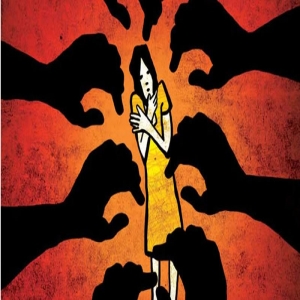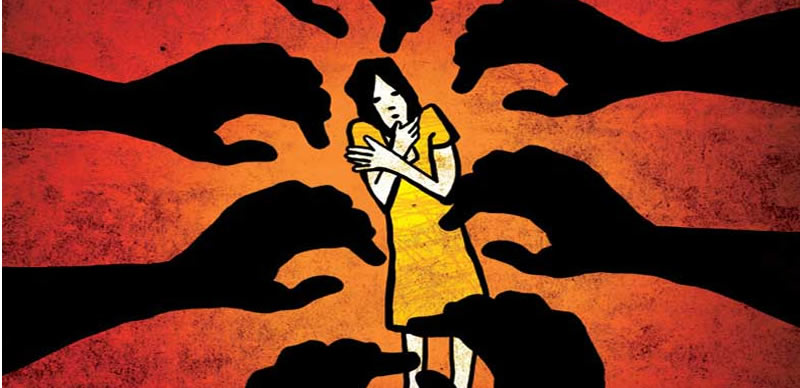

During the second week of January, disturbing media reports emerged concerning an 18-year-old girl in Kerala who was allegedly sexually assaulted by 64 people over a period of five years. The police have identified 62 of the perpetrators. This horrific incident came to light recently through the girl's disclosure before the Child Welfare Committee. While many of the abusers have already been arrested, a twenty-five-member special investigation team set up by the police to intensify the probe is expected to bring out more details of the abuse.
According to various reports, the victim was trapped in a large network that included her neighbour, Subin, and his friends.
The abuse began in 2019 when Subin recorded a sexual assault on his mobile phone and circulated it amongst his friends. This video was then used to blackmail the girl, leading to further abuse by his associates. The abuse occurred at various locations, including in a car, at school, and even at home. Tragically, the victim, a school-level athlete, was also subjected to abuse during a training camp, even by her coaches.
This case tragically highlights a systemic failure to protect a vulnerable child, with a significant lack of early detection.
Despite the prolonged abuse, no one – family, friends, teachers, or community members – noticed the signs of distress or suspected abuse. The victim's inability to confide in anyone underscores the lack of accessible and trustworthy support systems for children facing abuse. Her silence likely stemmed from fear, shame, and the social stigma associated with sexual abuse, hindering early intervention.
The Role of Technology in Exploitation:
This case demonstrates the growing threat of online exploitation, with the use of technology to record and share explicit content playing a significant role in the abuse. The initial video recording facilitated the spread of abuse within the network, highlighting the dangers of easily accessible and widely shared digital content. This underscores the urgent need to address the misuse of technology in child sexual abuse.
Legal Consequences and Deterrence
Recent court judgments in similar cases serve as a strong deterrent to potential offenders. A Hyderabad Court, for example, sentenced a middle-aged man to 20 years of rigorous imprisonment and a fine for sexually exploiting a minor. Similar stringent sentences have been handed down by courts in Chandigarh, Ghaziabad, Hyderabad, Noida and elsewhere. These judgments emphasise the severity of child sexual abuse and the importance of strong legal consequences for perpetrators.
The Need for Comprehensive Prevention
Preventing child sexual abuse requires a multi-pronged approach:
1. Strengthening Child Protection Systems: Early intervention mechanisms, including mandatory reporting of suspected abuse by teachers, doctors, and social workers, are crucial.
2. Improving Support Systems: Easily accessible and confidential support services for children facing abuse, including counselling, legal aid, and medical care, must be readily available.
3. Increasing Community Awareness: Regular awareness campaigns on child sexual abuse are essential to educate children, parents, teachers, and the community about the signs of abuse and how to respond.
4. Addressing Online Exploitation: Promoting digital literacy and digital hygiene among children and adolescents, emphasising online safety and responsible online behaviour is crucial. This includes educating children about the risks of sharing personal information online and the dangers of online grooming.
5. Addressing Gendered Aspects of Abuse: Recognising that girls may be disproportionately affected by certain forms of sexual abuse is crucial. Addressing societal attitudes and gender roles that contribute to the vulnerability of girls is essential for effective prevention.
The Psychological Impact
The prolonged and repeated abuse likely had a profound and lasting impact on the victim's mental and emotional well-being. It is crucial to provide comprehensive mental health support to survivors of child sexual abuse to help them cope with the trauma and recover.
Collective Responsibility
Protecting children is everyone's duty. We must all strive to create a safe and just environment where children can grow and thrive without fear of abuse. This requires a collective effort from individuals, communities, and governments to address the root causes of child sexual abuse and ensure the safety and well-being of all children.